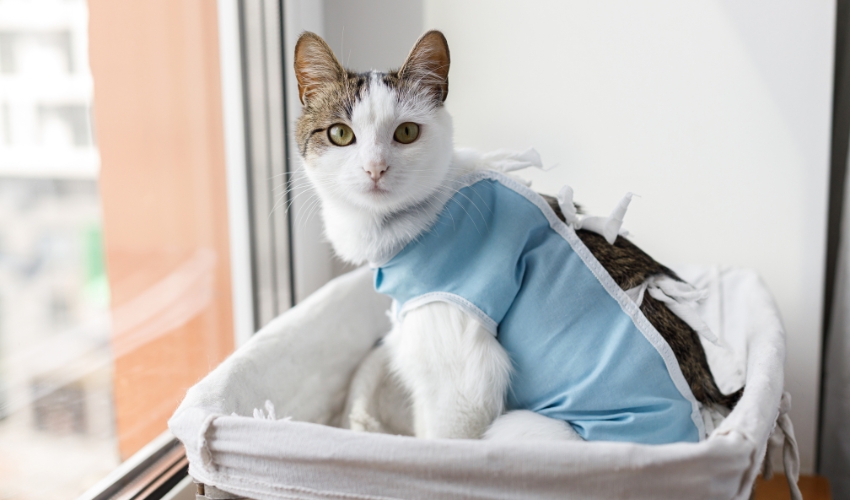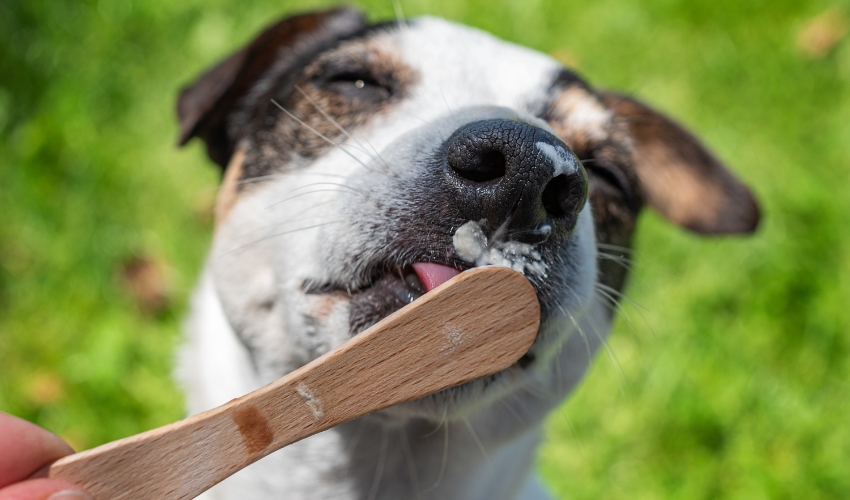Pancreatitis, an inflammation of the pancreas, can affect our beloved pets, causing discomfort and posing potential health risks. Understanding the symptoms and implementing appropriate dietary guidelines are pivotal in managing pancreatitis in pets. In this comprehensive guide, we will delve into the intricacies of pancreatitis, exploring its symptoms, and potential causes, and providing dietary recommendations to enhance the well-being of our furry companions.
Understanding Pancreatitis:
The Pancreas and Its Role:
The pancreas, a vital organ, plays a crucial role in digestion and blood sugar regulation. It produces digestive enzymes that aid in breaking down food in the small intestine and secretes insulin to regulate blood sugar levels. When the pancreas becomes inflamed, as in the case of pancreatitis, this intricate balance is disrupted, leading to a range of health issues.
Causes of Pancreatitis in Pets:
Pancreatitis in pets can be triggered by various factors. Common causes include dietary indiscretion (consumption of high-fat foods), obesity, certain medications, infections, genetics, and other underlying health conditions. Identifying the root cause is essential for effective management and prevention of recurrent episodes.
Symptoms of Pancreatitis:
Gastrointestinal Distress:
Pets with pancreatitis often exhibit signs of gastrointestinal distress. This may include vomiting, diarrhea, abdominal pain, and a reluctance to eat. Persistent or recurrent episodes of vomiting and diarrhea warrant immediate veterinary attention for a thorough examination and diagnosis.
Abdominal Discomfort:
Pets experiencing pancreatitis may show signs of abdominal discomfort. They may exhibit restlessness, a hunched posture, or sensitivity when the abdomen is touched. Observing changes in your pet’s behavior and demeanor can provide crucial clues to the presence of abdominal discomfort.
Loss of Appetite:
A notable symptom of pancreatitis is a sudden loss of appetite. Pets may show disinterest in their regular meals, treats, or even favorite foods. Unexplained changes in eating habits should be promptly addressed to prevent nutritional deficiencies and support the healing process.
Lethargy and Weakness:
Pancreatitis can lead to lethargy and weakness in affected pets. A decrease in energy levels and reluctance to engage in regular activities may indicate an underlying health issue. Monitoring changes in your pet’s activity level is essential for early detection of potential health concerns.
Dietary Guidelines for Managing Pancreatitis:
Low-Fat Diet:
Dietary adjustments are key in managing pancreatitis in pets. Opt for a low-fat diet to ease the workload on the pancreas. High-fat foods can trigger inflammation and exacerbate symptoms. Specialized low-fat pet foods are available, or consult with your veterinarian to create a custom low-fat feeding plan.
Easily Digestible Proteins:
Focus on easily digestible protein sources to support your pet’s nutritional needs. Lean meats such as chicken or turkey, and easily digestible protein sources like eggs can provide essential amino acids without straining the pancreas. Consult with your veterinarian to determine the appropriate protein sources for your pet’s specific dietary requirements.
Frequent, Small Meals:
Instead of traditional large meals, consider offering smaller, more frequent meals throughout the day. This approach helps manage the digestive workload, preventing the pancreas from being overwhelmed. Consult with your veterinarian to establish an optimal feeding schedule based on your pet’s size, breed, and overall health.
Hydration is Key:
Adequate hydration is crucial for pets with pancreatitis. Ensure that your pet has access to fresh, clean water at all times. In cases where dehydration is a concern, your veterinarian may recommend additional fluids or specialized hydration solutions to support your pet’s recovery.
Avoidance of Certain Foods:
To prevent exacerbating pancreatitis symptoms, it’s essential to avoid specific foods known to be high in fat or difficult to digest. Steer clear of fatty meats, fried foods, and high-fat treats. Always check with your veterinarian for a comprehensive list of foods to avoid based on your pet’s individual needs.
Prescription Diets:
Some pets with pancreatitis may benefit from prescription diets formulated to support digestive health. These diets are often low in fat, easily digestible, and designed to provide essential nutrients while minimizing stress on the pancreas. Work closely with your veterinarian to determine if a prescription diet is suitable for your pet.
Supplements for Pancreatic Support:
Depending on the severity of pancreatitis and your pet’s nutritional needs, your veterinarian may recommend specific supplements to support pancreatic function. These may include digestive enzymes, probiotics, or other nutritional supplements designed to aid digestion and promote overall gut health.
Gradual Transition and Monitoring:
When introducing dietary changes, it’s crucial to do so gradually to allow your pet’s digestive system to adapt. Monitor your pet’s response to the new diet, noting any changes in behavior, appetite, or symptoms. Regular veterinary check-ups provide opportunities to assess progress and make necessary adjustments to the dietary plan.
Customized Diet Plans:
Each pet is unique, and a one-size-fits-all approach may not be suitable for managing pancreatitis. Consult with your veterinarian to create a customized diet plan tailored to your pet’s specific needs, taking into consideration their age, breed, size, and any concurrent health conditions.
Conclusion:
Coping with pancreatitis in pets necessitates a holistic approach that encompasses understanding the symptoms, identifying potential causes, and implementing dietary guidelines tailored to your pet’s needs. By prioritizing a low-fat, easily digestible diet and working closely with your veterinarian to create a customized feeding plan, you can support your pet’s recovery and enhance their overall well-being. Regular veterinary check-ups, ongoing monitoring, and a commitment to your pet’s nutritional needs form the foundation for effective pancreatitis management, allowing your furry companion to lead a happy and healthy life.












